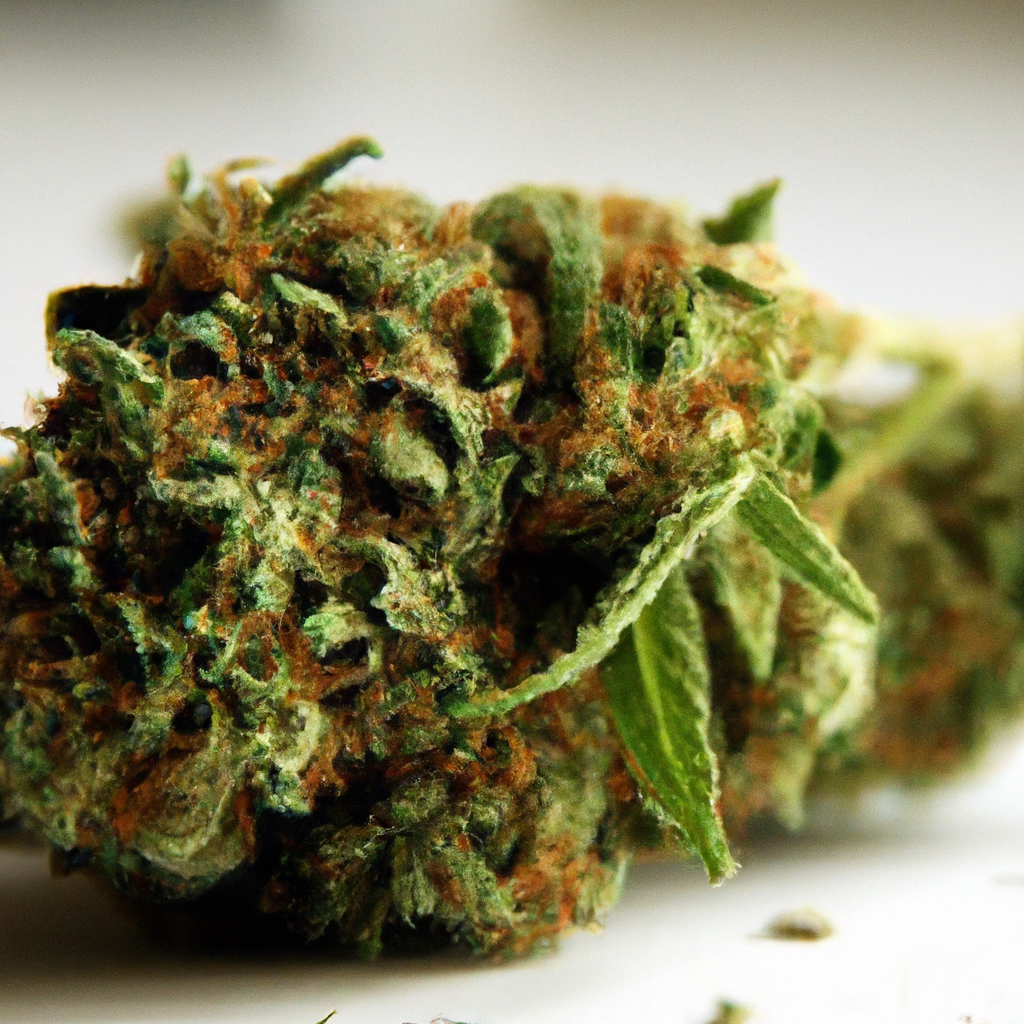Your cart is currently empty!
Cannabis has long been a topic of discussion when it comes to mental health management. With increasing legalization and societal acceptance, its connection to anxiety relief has garnered significant interest from both the scientific community and the general public. In this article, we explore how cannabis interacts with anxiety, uncover the scientific rationale behind its use, and discuss both potential benefits and risks.
Understanding Anxiety and the Endocannabinoid System
Anxiety disorders are a group of mental health conditions characterized by excessive fear or worry. They impact millions worldwide, leading many to explore alternative treatment options such as cannabis. But how does cannabis potentially help alleviate anxiety symptoms?
The answer lies in our body’s endocannabinoid system (ECS), a complex cell-signaling system involved in regulating a variety of functions, including mood, stress, and anxiety response. Cannabis contains compounds known as cannabinoids, with THC (tetrahydrocannabinol) and CBD (cannabidiol) being the most studied. These compounds interact with the ECS, influencing anxiety levels and mood regulation.
Cannabinoids: THC vs. CBD
| Cannabinoid | Effects on Anxiety |
|---|---|
| THC | THC is the psychoactive component of cannabis. In low doses, it may reduce anxiety; however, in higher doses, it can potentially increase anxiety or cause paranoia. |
| CBD | CBD is non-psychoactive and has been found to help alleviate anxiety without causing the psychoactive effects associated with THC. It can modulate the effects of THC, potentially reducing its anxiety-inducing properties. |
Scientific Research and Real-World Examples
Scientific research into cannabis and anxiety is ongoing, with some studies showing promising results. For instance, a study published in the Journal of Clinical Psychology in 2020 reported that CBD reduced anxiety in 79% of the study participants. However, it’s crucial to consider individual variability, as not everyone may respond the same way to cannabis.
Real-world examples also provide insights into cannabis’s role in anxiety management. Many individuals report using CBD oil as an effective method to reduce anxiety symptoms, often without the need for prescription medications. These anecdotal stories, combined with scientific research, highlight the potential of cannabis in anxiety treatment.
Potential Risks and Considerations
Despite its potential benefits, using cannabis for anxiety isn’t without risks. High-THC products may actually worsen anxiety symptoms for certain individuals, leading to increased heart rate, paranoia, or even panic attacks. It’s vital to approach cannabis use thoughtfully and seek medical advice when considering it as a treatment option for anxiety.
Moreover, the legality of cannabis varies globally, making it essential for users to be aware of their local laws and regulations to avoid legal repercussions.
Conclusion
Cannabis has emerged as a potential tool in managing anxiety, particularly through the use of CBD. However, its effects can be bidirectional—both alleviating and exacerbating anxiety. As research continues to evolve, individuals interested in exploring cannabis for anxiety should do so cautiously, ideally under the guidance of a healthcare provider.
By understanding the interplay between cannabis and the endocannabinoid system, we can better appreciate its potential benefits and limitations in mental health care. Always consult with a professional when considering new anxiety treatments.
Tags: anxiety-relief, CannabisScience, mental health, CBD benefits, cannabinoid
Discover more from Magic Clones
Subscribe to get the latest posts sent to your email.


Leave a Reply